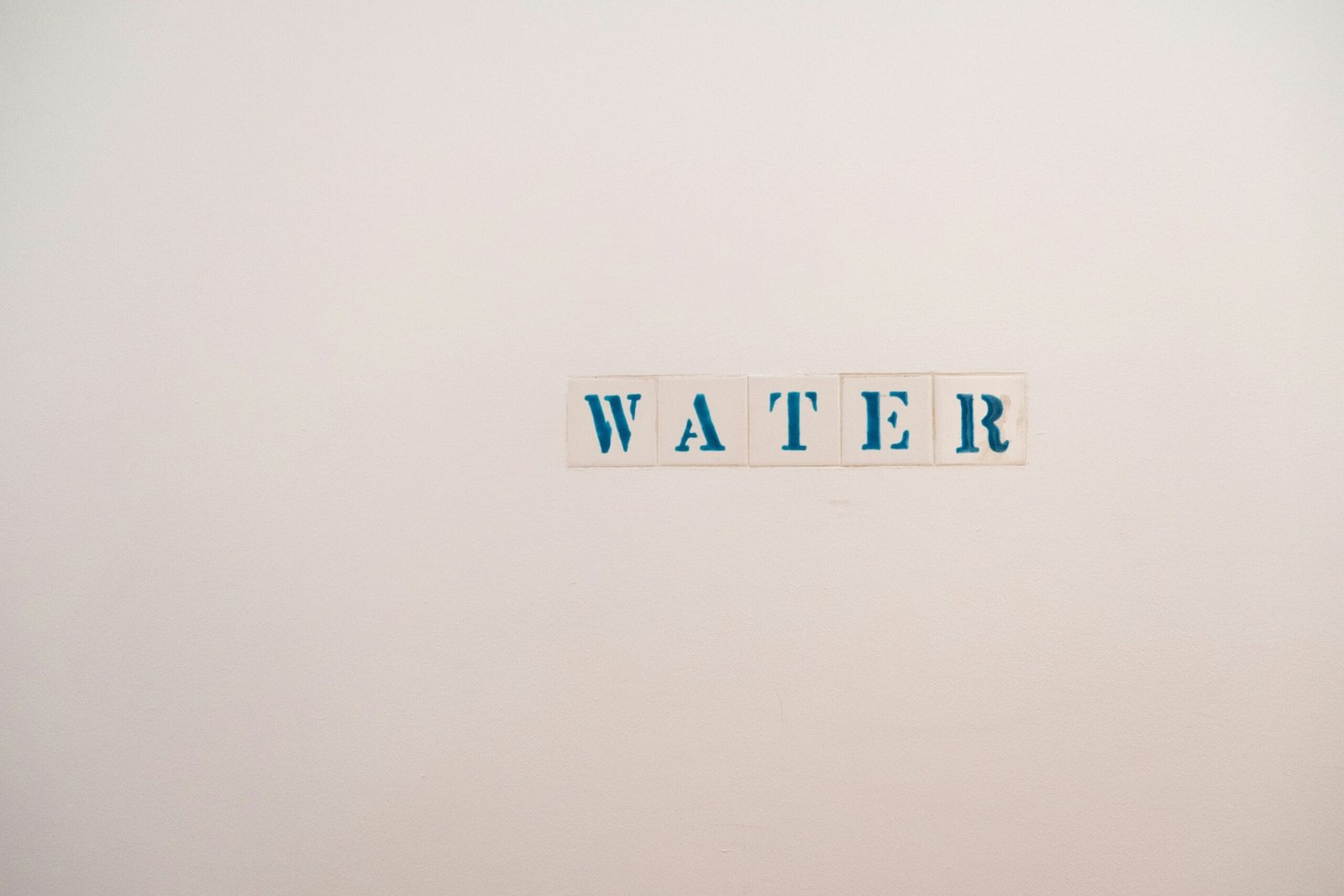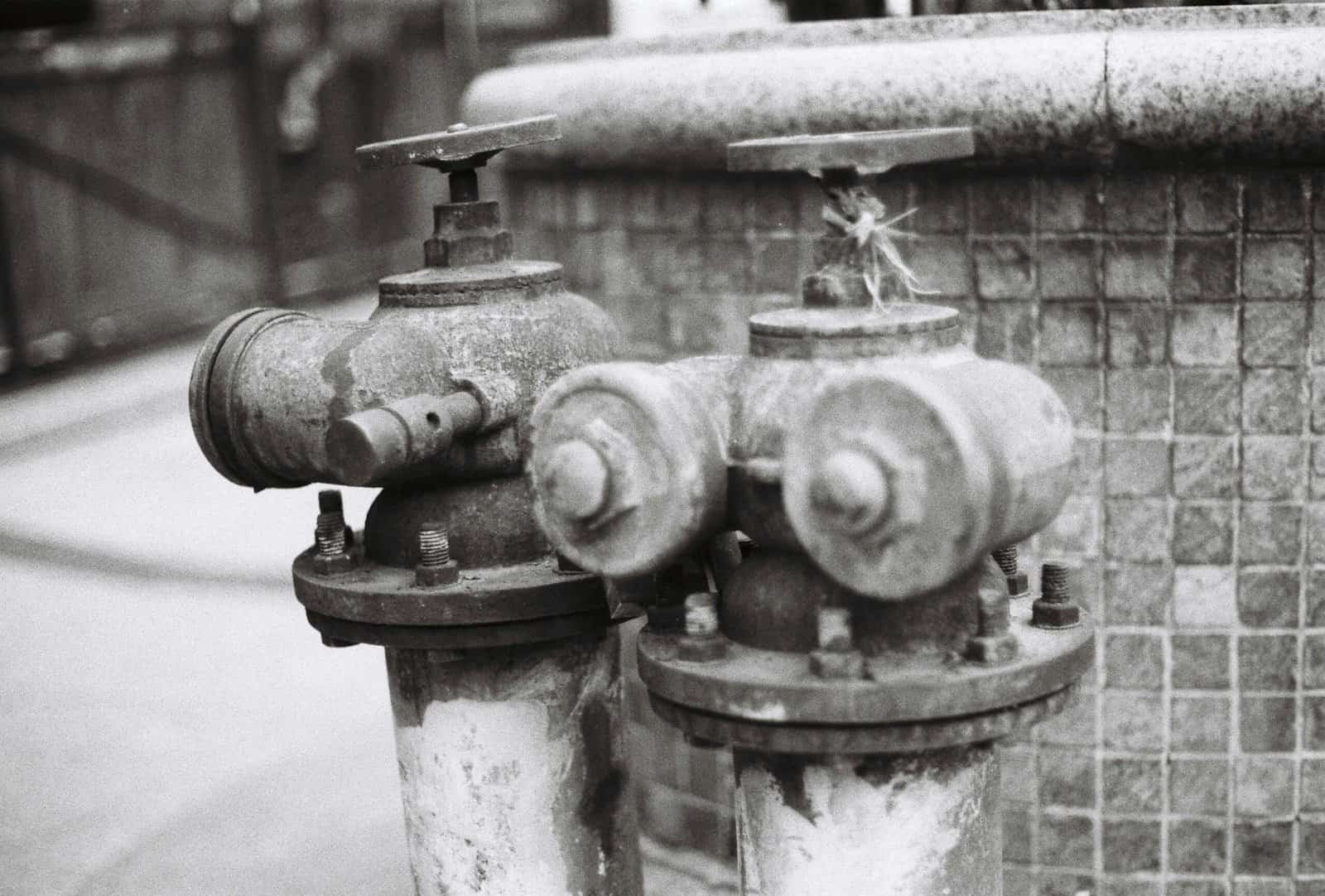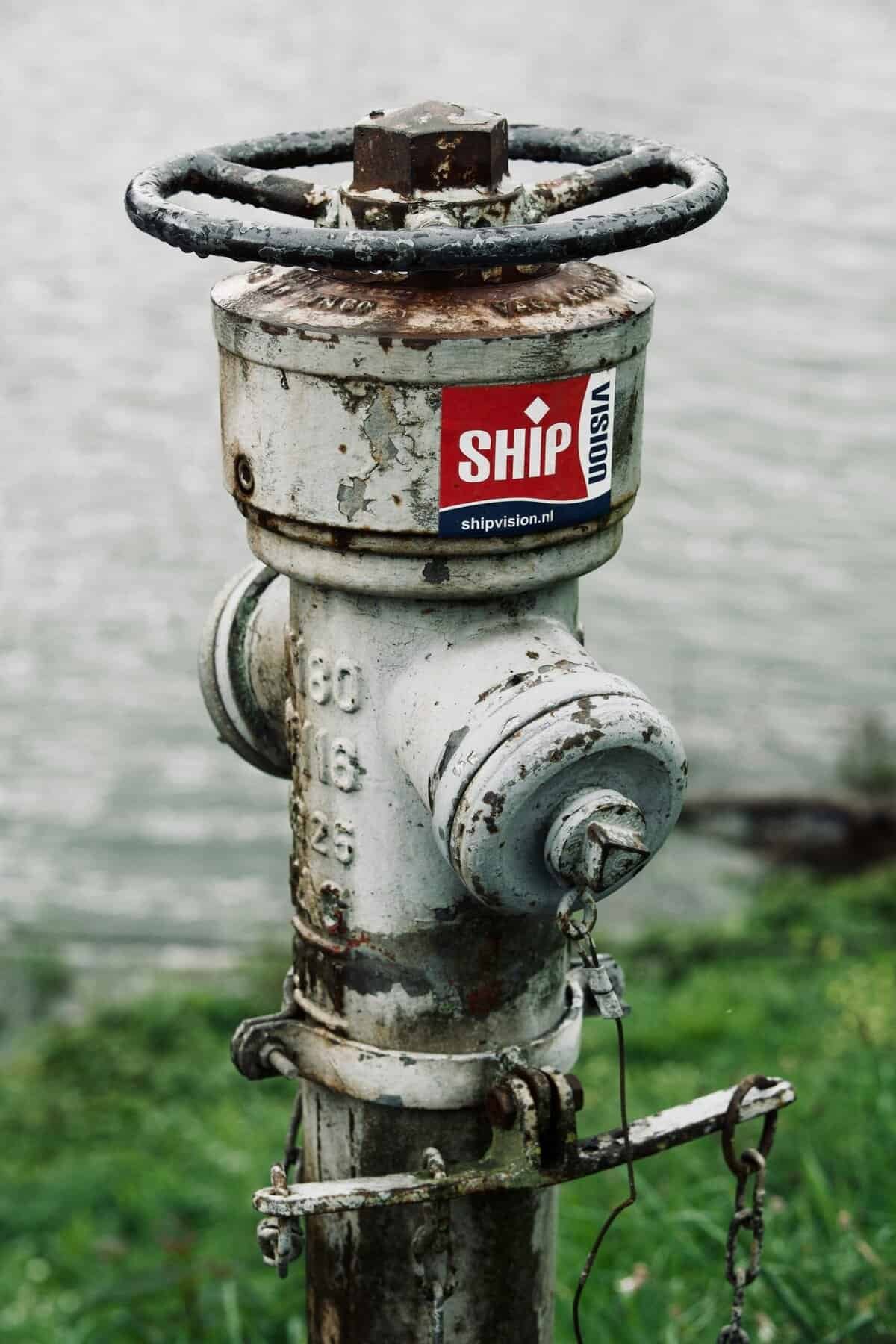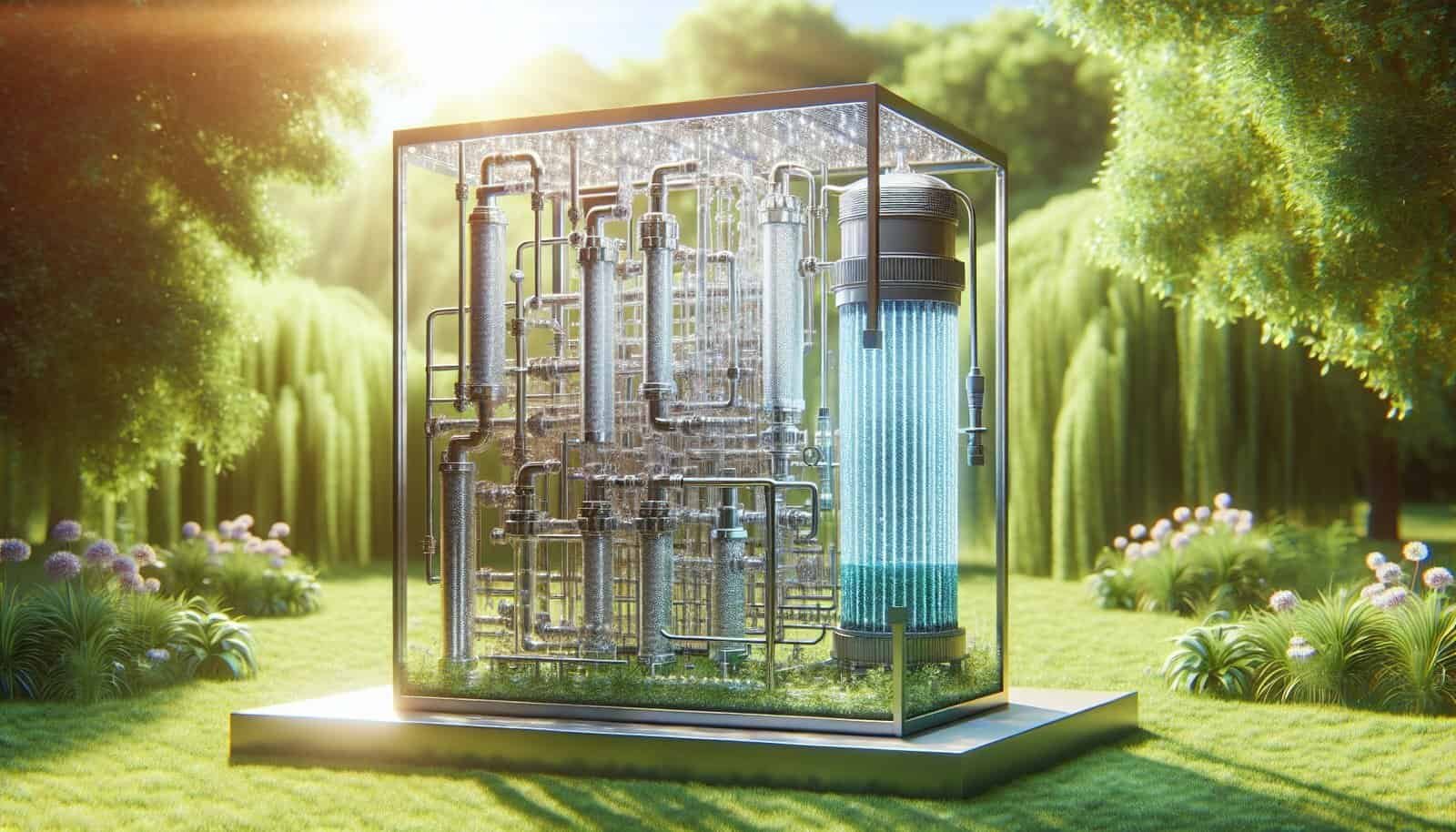Have you ever found yourself standing next to your well, wondering how on earth you can ensure the water you’re drawing is safe and clean? It might feel like a daunting task to tackle well water filtration on your own, but fear not—you’re not alone in this. Let’s journey together into the world of well water filtration systems and uncover where you can find the tutorials and resources you need to become an expert.
Understanding the Basics of Well Water Filtration
Before diving into the details of where to find tutorials, it’s essential to understand the basics of well water filtration. Knowing the fundamentals empowers you to make informed decisions and select the right resources for your needs.
What is Well Water Filtration?
Well water filtration is the process of removing impurities, contaminants, and unwanted particles from water sourced from a well. This ensures the water is safe for consumption and use. Systems vary from simple filters to more complex setups involving multiple stages of filtration.
Why is Well Water Filtration Important?
Water straight from a well might contain various contaminants such as bacteria, viruses, heavy metals, and other organic components. Without proper filtration, these can pose health risks, lead to unpleasant tastes or odors, and even damage appliances.
Where to Access Tutorials on Well Water Filtration Systems
Finding reliable tutorials is crucial to understanding and implementing an effective well water filtration system. Here’s where you can look:
Online Educational Platforms
Websites like Coursera, Udemy, and Khan Academy often offer courses or standalone tutorials on environmental science and water management. Although these platforms usually focus on broader topics, you might find courses that cover well water specifically or touch upon relevant filtration technology.
YouTube
YouTube is a treasure trove of information where many experts share their knowledge in video format. Search for specific keywords such as “well water filtration tutorial,” “DIY well filtration system,” or “well water testing and maintenance.” You might find step-by-step guides that suit your needs, ranging from basic to highly technical solutions.
Manufacturer Websites
Many manufacturers of filtration equipment provide tutorials and installation guides for their products. Visiting the websites of well-known brands in the water filtration industry can offer access to comprehensive product guides and instructional videos.
Forums and Online Communities
Participation in forums or online communities such as Reddit’s r/Plumbing or r/DIY can connect you with other individuals who have experience with well water systems. Users often share their experiences and recommend tutorials or resources that they found helpful in addressing similar issues.
Local Workshops and Classes
Checking with your local community colleges or environmental organizations might lead you to workshops or seminars on well water filtration. Such face-to-face sessions offer the added benefit of getting your specific questions answered by a professional.

Well Water Testing Schedules
Establishing a regular testing schedule is essential for ensuring the safety and quality of your well water.
Why Test Well Water Regularly?
Regular testing helps identify emerging contaminants, assess changes in water quality, and ensure the efficiency of your filtration system. Consistent testing is the proactive measure that keeps you informed and allows prompt solutions to any arising issues.
Templates for Well Water Testing Schedules
To help you keep track of your testing routine, here are a few places where you might find useful templates:
Government Websites
The Environmental Protection Agency (EPA) and other public health agencies often provide guidelines and templates for water testing schedules. These official resources ensure you’re following the best practices.
Online Health and Safety Organizations
Websites focused on health and safety may also offer downloadable templates or schedules dealing with water testing. These templates give you a structured approach to maintaining consistent checks.
DIY and Home Improvement Blogs
Many blogs offer practical tips and downloadable content, including templates, to help you manage your home maintenance tasks efficiently, including well water management.
What Should Be Included in a Testing Schedule?
A comprehensive testing schedule should include:
| Testing Component | Frequency | Importance |
|---|---|---|
| Bacterial Testing | Annually | Detects harmful bacteria like E. coli |
| pH Levels | Annually | Ensures water is neither too acidic nor basic |
| Nitrates | Annually | Monitors agricultural runoff pollutants |
| Heavy Metals | Biennially | Check for lead, arsenic, etc. |
| Volatile Organic Compounds (VOCs) | Biennially | Detects industrial pollutants |
How to Conduct Well Water Tests
Conducting well water tests can be straightforward if approached systematically. You have the option of purchasing at-home testing kits or hiring a professional service.
At-Home Testing Kits
These kits provide the means to collect water samples and measure the presence of specific contaminants. They often include easy-to-follow instructions and immediate results for properties like pH levels and hardness.
Professional Water Testing Services
Engaging a certified laboratory or professional service ensures thorough testing, offering in-depth reports and expert recommendations. While more costly than DIY kits, they provide a more comprehensive analysis.
Implementing a Well Water Filtration System
Once you have gathered the knowledge and resources, the next step is implementing a suitable well water filtration system.
Choosing the Right System
Factors guiding your decision will include:
- Contaminant Types: Identify specific impurities you need to address based on test results.
- Budget and Maintenance: Consider initial costs, ongoing maintenance, and replacement parts.
- Ease of Installation: Some systems may require professional installation, whereas others can be DIY-friendly.
Types of Well Water Filtration Systems
Here’s a breakdown of common systems you might consider:
| System Type | Best For | Considerations |
|---|---|---|
| Sediment Filters | Capturing large particles, sand, and debris | Typically the first stage in a multi-system setup |
| Carbon Filters | Removing chlorine, pesticides, and organic compounds | Effective in eliminating odors and improving taste |
| Reverse Osmosis | Extensive purification, removing most particles and ions | Requires regular membrane replacements and potential pre-treatment |
| UV Purification | Killing bacteria and viruses without chemicals | Best used in conjunction with another filtration system |

Maintaining Your Well Water Filtration System
Just as important as choosing and installing a filtration system is understanding the maintenance it requires.
Regular Maintenance Tasks
Regular tasks will ensure your system continues to function efficiently, including:
- Filter Replacement: Replace filters according to the manufacturer’s recommendations to avoid clogging and inefficiency.
- System Cleaning: Regularly clean parts of the system that accumulate debris.
- Monitoring Water Pressure: Keep an eye on water pressure as changes might indicate a problem with the system.
What to Do When Problems Arise
Even with the best-maintained systems, problems can occasionally occur. Some typical issues include:
- Reduced Water Pressure: This might signal a clogged filter or a fault within the system.
- Unpleasant Tastes or Odors: Could indicate the need for filter replacements or that new contaminants have entered the water supply.
Troubleshooting Common Issues
If you’re encountering problems with your well water filtration system, don’t panic. Here are some steps you can take to troubleshoot issues:
Identifying Common Issues
The most frequent issues can generally be linked to:
- Improper Installation: Double-check installation instructions and adjust any fittings if needed.
- Expired Filters: Ensure all filters are within their effective lifespan.
- System Leaks: Check connections and seals for any signs of leaks.
Solutions and Steps to Take
Once you have pinpointed an issue, these steps can help resolve it:
- Referring to Manuals: Always refer back to product manuals for specific troubleshooting advice.
- Seeking Professional Help: Sometimes it’s best to call in a professional to avoid causing further damage.
- Joining Forums: Engage with communities to see if others have faced and found solutions to similar problems.

Final Thoughts
Ensuring your well water is clean and safe can be achieved with the right knowledge, tools, and guidance. By accessing quality tutorials and resources, building a fitting filtration system, and adhering to a thoughtful testing schedule, you empower yourself to navigate and manage the complexities of well water naturally. Remember, the key is staying proactive and informed, and in doing so, you transform the task of water management from daunting to doable. Rest assured: with time, you’ll be the go-to expert on your own water system.

